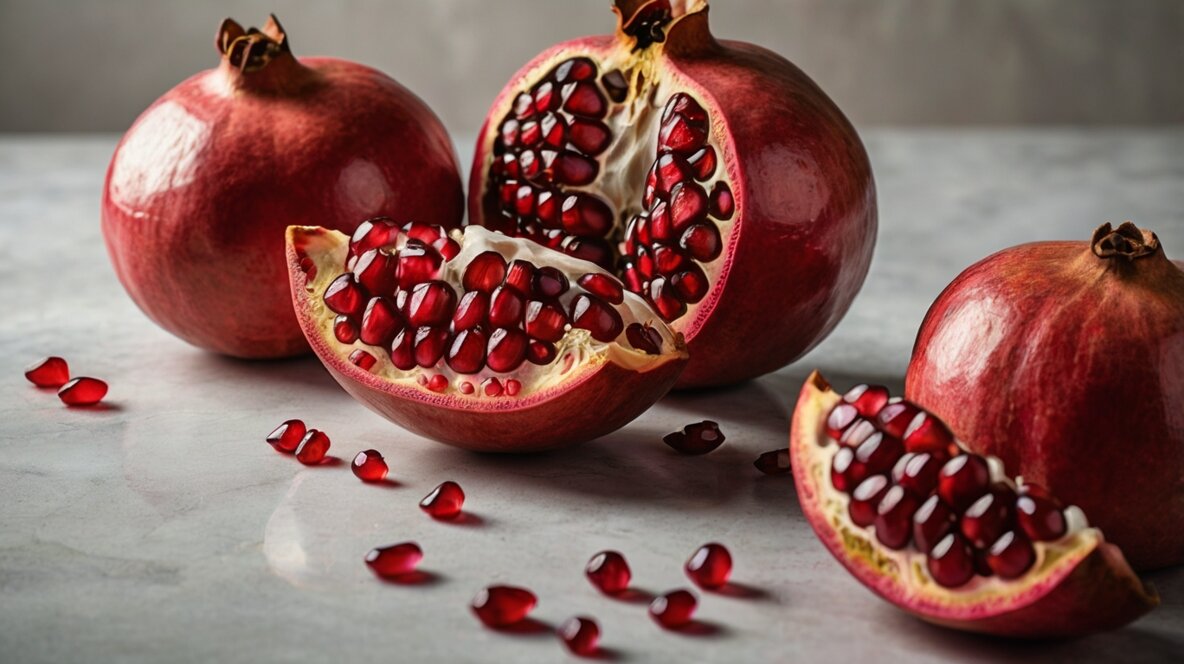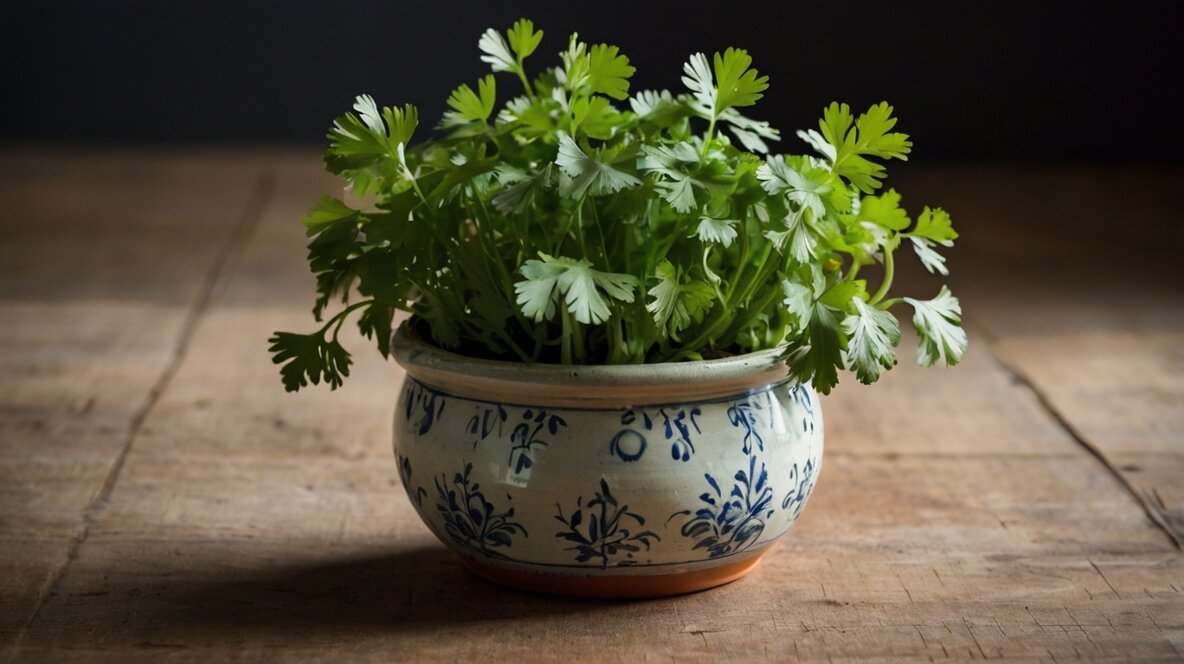Table of Contents
As a cat owner, it’s natural to wonder whether certain human foods are safe for your feline friend. Pomegranates, with their bright red seeds and sweet-tart flavor, might seem tempting to share. But before you do, it’s important to understand how pomegranate could affect your cat’s health. This guide will dive deep into whether cats can eat pomegranate, its potential benefits and risks, and how to safely introduce new foods into your cat’s diet.
Can Cats Eat Pomegranate?
The short answer is yes, cats can eat pomegranate in small amounts, but it’s not necessary for their diet. Cats are obligate carnivores, which means they require meat to survive. Their bodies are designed to get essential nutrients from animal protein, not plant-based foods like fruits or vegetables.
Is Pomegranate Safe for Cats?
Pomegranate is not toxic to cats, but there are a few considerations to keep in mind:
- Digestive Sensitivity: Cats have sensitive digestive systems. While a small piece of pomegranate may not cause harm, larger amounts could lead to upset stomach, vomiting, or diarrhea.
- Choking Hazard: The seeds of a pomegranate, known as arils, can be a choking hazard for cats, especially for kittens or older cats with dental issues. It’s best to avoid giving them seeds directly.
- High Sugar Content: Pomegranates are relatively high in natural sugars. Cats do not need sugar in their diets, and consuming too much of it could lead to weight gain or other health issues.
- Allergic Reactions: While rare, some cats may have an allergic reaction to pomegranates. Signs include itching, swelling, and difficulty breathing. If your cat exhibits any of these symptoms, consult your veterinarian immediately.
Potential Benefits of Pomegranate for Cats
Although pomegranates are not essential for cats, they do contain vitamins and antioxidants that may offer some minor benefits:
- Vitamin C: Pomegranates are rich in Vitamin C, an antioxidant that supports the immune system. However, cats naturally produce their Vitamin C and do not typically need supplementation from fruits.
- Antioxidants: Pomegranates are known for their high levels of antioxidants, which may help neutralize harmful free radicals. While this can benefit humans, there is limited research on how it affects cats.
Despite these potential benefits, the advantages of feeding pomegranate to your cat are minimal compared to the benefits of a well-balanced, species-appropriate diet.
How to Safely Offer Pomegranate to Your Cat
If you’re still interested in letting your cat try pomegranate, follow these steps for safe feeding:
- Remove the Seeds: Ensure that you remove the seeds and only offer the fleshy part of the aril in very small amounts.
- Start Small: Begin by offering just a tiny portion of pomegranate and observe your cat’s reaction. Watch for any signs of digestive upset or allergic reactions.
- Limit Frequency: Pomegranate should not become a regular part of your cat’s diet. Offer it as an occasional treat, if at all.
- Consult Your Vet: If you’re unsure whether pomegranate is suitable for your cat, consult with your veterinarian before introducing any new foods.
What to Avoid
There are a few general guidelines to keep in mind when considering new foods for your cat:
- Avoid Processed Pomegranate Products: Juices, flavored snacks, or any pomegranate product with added sugars, preservatives, or artificial ingredients are not safe for cats.
- No Pomegranate Skin: The skin of a pomegranate is difficult to digest, so it’s best to avoid giving it to your cat.
- Keep an Eye on Portion Size: Even if your cat enjoys the taste of pomegranate, too much fruit in their diet can lead to health issues. Moderation is key.
Conclusion: Should You Feed Pomegranate to Your Cat?
While pomegranate is not toxic to cats, it offers little nutritional value and may cause digestive upset if consumed in large amounts. Cats are carnivores and thrive on meat-based diets, so fruits like pomegranate should not be a regular part of their meals.
If you do decide to give your cat a taste of pomegranate, ensure you remove the seeds and offer only small, occasional portions. Always monitor for any adverse reactions and consult your vet if you have concerns.



